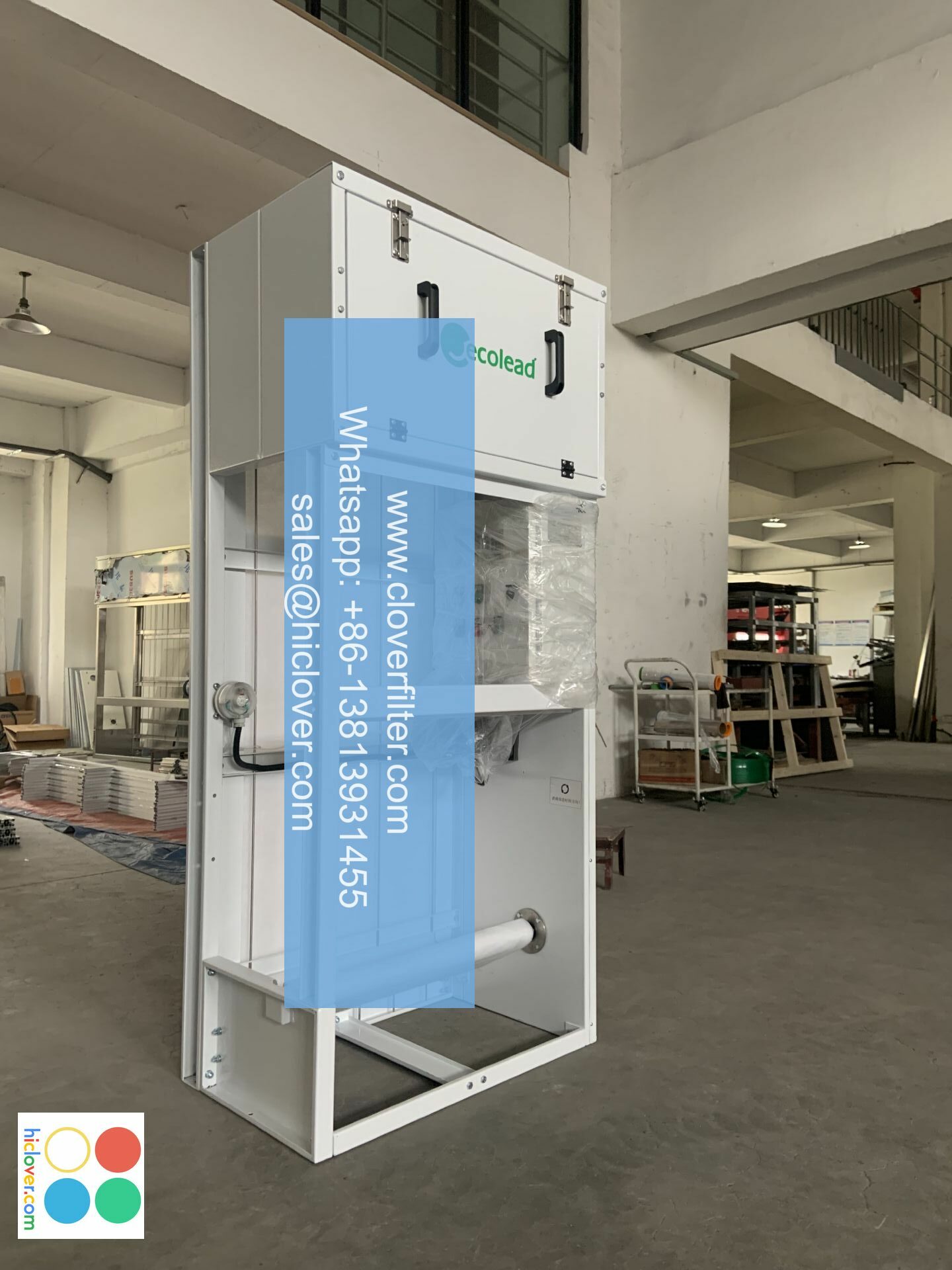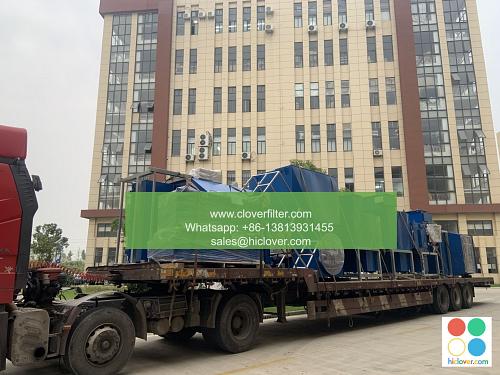The Importance of Air Filters in Tucson’s Desert Climate

Tucson, Arizona, known for its hot and dry desert climate, experiences extreme temperatures and low humidity levels throughout the year. The city’s unique environment poses significant challenges to maintaining good indoor air quality. This is where high-quality air filters come into play, serving as the first line of defense against airborne pollutants. In this article, we will delve into the importance of air filters in Tucson’s desert climate, highlighting their role in indoor air quality improvement, health benefits, and energy efficiency.
Health Benefits of Air Filters in Tucson
The desert climate of Tucson is notorious for its high levels of dust, pollen, and other airborne allergens. These pollutants can exacerbate respiratory issues such as asthma and allergies, making it essential to use HEPA air filters or activated carbon filters to remove airborne contaminants. By incorporating air purification systems into homes and businesses, individuals can significantly reduce their exposure to harmful particles, promoting better indoor air quality and improved health.
Application Areas for Air Filters in Tucson
The application of air filters in Tucson extends to various areas, including:
– Residential air filtration: Essential for maintaining a healthy indoor environment in homes, protecting against dust, pollen, and pet dander.
– Commercial air filtration: Crucial for offices, schools, and healthcare facilities to ensure a healthy work environment and comply with indoor air quality standards.
– Industrial air filtration: Important for manufacturing facilities and workshops to remove hazardous particles and chemical fumes, ensuring worker safety and equipment protection.
Energy Efficiency and Cost Savings
In addition to their health benefits, high-efficiency air filters can also contribute to energy efficiency and cost savings. By reducing the amount of airborne pollutants, these filters minimize the strain on HVAC systems, leading to lower energy consumption and extended equipment life. Furthermore, regular air filter maintenance and replacement can prevent system breakdowns and expensive repairs, resulting in long-term cost savings for homeowners and businesses.
Conclusion
In conclusion, air filters play a vital role in maintaining good indoor air quality in Tucson’s desert climate. By understanding the importance of air filtration and its application areas, individuals can take proactive steps to improve their health, increase energy efficiency, and reduce costs. Whether for residential, commercial, or industrial use, investing in high-quality air filters is a crucial step towards creating a healthier and more sustainable indoor environment in Tucson.

